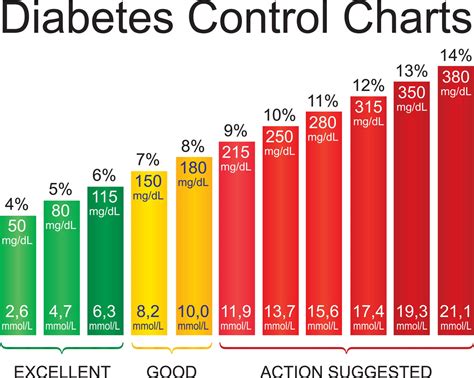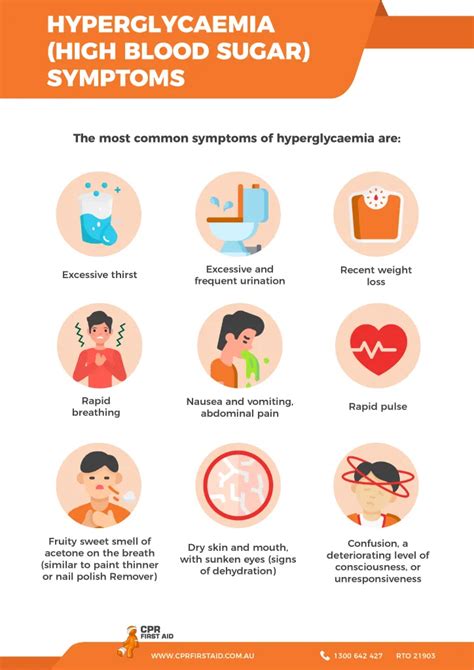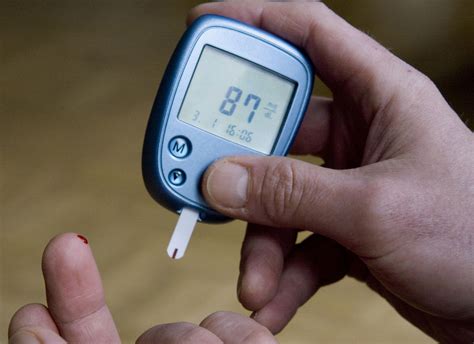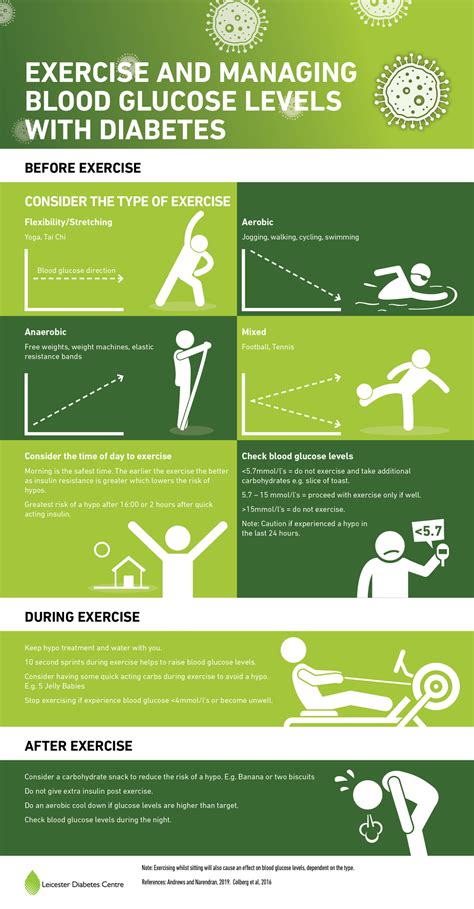Intro
Discover how to manage blood sugar over 200, reducing diabetes risks with healthy diet, exercise, and monitoring glucose levels, insulin resistance, and hyperglycemia symptoms.
Having blood sugar levels over 200 mg/dL is a significant concern that requires immediate attention. Blood sugar, also known as glucose, is an essential source of energy for the body's cells. However, when blood sugar levels become too high, it can lead to a range of health problems, including diabetes, heart disease, and nerve damage. In this article, we will delve into the importance of blood sugar control, the risks associated with high blood sugar levels, and provide guidance on how to manage and regulate blood sugar levels.
High blood sugar levels can occur due to various factors, including a poor diet, lack of exercise, and certain medical conditions. When blood sugar levels exceed 200 mg/dL, it can cause damage to the blood vessels, nerves, and organs, such as the kidneys and eyes. Furthermore, high blood sugar levels can also lead to an increased risk of infections, slow wound healing, and cognitive impairment. Therefore, it is crucial to understand the causes and consequences of high blood sugar levels and take proactive steps to manage and regulate them.
The importance of blood sugar control cannot be overstated. When blood sugar levels are within a healthy range, the body can function optimally, and the risk of developing chronic diseases is significantly reduced. On the other hand, uncontrolled high blood sugar levels can lead to a range of complications, including diabetic ketoacidosis, hyperglycemic hyperosmolar syndrome, and even death. Therefore, it is essential to monitor blood sugar levels regularly, especially for individuals with diabetes or those who are at risk of developing the condition.
Blood Sugar Levels and Diabetes

Diabetes is a chronic medical condition characterized by high blood sugar levels. There are two main types of diabetes: type 1 and type 2. Type 1 diabetes is an autoimmune disease in which the body's immune system attacks and destroys the cells in the pancreas that produce insulin, a hormone that regulates blood sugar levels. Type 2 diabetes, on the other hand, is a metabolic disorder in which the body becomes resistant to insulin, leading to high blood sugar levels. Gestational diabetes is another type of diabetes that occurs during pregnancy, usually in the second or third trimester.
Causes of High Blood Sugar Levels
High blood sugar levels can occur due to various factors, including: * A poor diet that is high in sugar, salt, and unhealthy fats * Lack of physical activity and exercise * Certain medical conditions, such as polycystic ovary syndrome (PCOS) and Cushing's syndrome * Certain medications, such as steroids and certain psychiatric medications * Stress and anxiety * Sleep deprivation * Hormonal changes, such as those that occur during pregnancy or menopauseSymptoms of High Blood Sugar Levels

The symptoms of high blood sugar levels can vary depending on the individual and the severity of the condition. Common symptoms include:
- Increased thirst and hunger
- Frequent urination
- Fatigue and weakness
- Blurred vision
- Slow healing of cuts and wounds
- Tingling or numbness in the hands and feet
- Recurring skin, gum, or bladder infections
Risks Associated with High Blood Sugar Levels
High blood sugar levels can lead to a range of complications, including: * Diabetic ketoacidosis, a life-threatening condition that occurs when the body produces high levels of ketones * Hyperglycemic hyperosmolar syndrome, a condition that occurs when the body becomes dehydrated due to high blood sugar levels * Nerve damage, which can cause numbness, tingling, and pain in the hands and feet * Kidney damage, which can lead to kidney failure and the need for dialysis or a kidney transplant * Eye damage, which can cause blindness and vision loss * Increased risk of heart disease, stroke, and other cardiovascular conditionsManaging and Regulating Blood Sugar Levels

Managing and regulating blood sugar levels requires a comprehensive approach that includes lifestyle changes, medication, and regular monitoring. Here are some tips to help manage and regulate blood sugar levels:
- Eat a healthy, balanced diet that is low in sugar, salt, and unhealthy fats
- Engage in regular physical activity, such as walking, jogging, or swimming
- Monitor blood sugar levels regularly, especially after meals and before bedtime
- Take medication as prescribed by a healthcare provider
- Get enough sleep and practice stress-reducing techniques, such as meditation or yoga
- Stay hydrated by drinking plenty of water and other low-sugar beverages
Benefits of Blood Sugar Control
Controlling blood sugar levels can have numerous benefits, including: * Reduced risk of developing chronic diseases, such as heart disease and kidney disease * Improved energy levels and overall health * Enhanced cognitive function and reduced risk of dementia * Improved wound healing and reduced risk of infections * Reduced risk of vision loss and blindness * Improved quality of life and increased lifespanMonitoring Blood Sugar Levels

Monitoring blood sugar levels is an essential part of managing and regulating blood sugar levels. Here are some ways to monitor blood sugar levels:
- Use a blood glucose meter to measure blood sugar levels
- Keep a log of blood sugar levels to track changes and identify patterns
- Use a continuous glucose monitor (CGM) to track blood sugar levels throughout the day
- Work with a healthcare provider to develop a personalized plan for monitoring and managing blood sugar levels
Medications for High Blood Sugar Levels
There are several medications available to help manage and regulate blood sugar levels, including: * Metformin, a medication that helps the body respond to insulin * Sulfonylureas, medications that stimulate the pancreas to produce more insulin * Meglitinides, medications that stimulate the pancreas to produce more insulin * Thiazolidinediones, medications that help the body respond to insulin * GLP-1 receptor agonists, medications that help the body produce more insulin and reduce glucose production in the liverNatural Remedies for High Blood Sugar Levels

There are several natural remedies that can help manage and regulate blood sugar levels, including:
- Berberine, a natural compound that has been shown to lower blood sugar levels
- Chromium, a mineral that helps the body respond to insulin
- Cinnamon, a spice that has been shown to lower blood sugar levels
- Fenugreek, a herb that has been shown to lower blood sugar levels
- Gymnema, a herb that has been shown to lower blood sugar levels
Dietary Changes for High Blood Sugar Levels
Dietary changes can play a significant role in managing and regulating blood sugar levels. Here are some dietary changes that can help: * Eat a healthy, balanced diet that is low in sugar, salt, and unhealthy fats * Choose whole, unprocessed foods, such as vegetables, fruits, and whole grains * Avoid sugary drinks and foods that are high in added sugars * Drink plenty of water and other low-sugar beverages * Limit intake of saturated and trans fatsExercise and Physical Activity for High Blood Sugar Levels

Regular exercise and physical activity can help manage and regulate blood sugar levels. Here are some ways that exercise can help:
- Improves insulin sensitivity, making it easier for the body to use insulin
- Reduces blood sugar levels, especially after meals
- Improves cardiovascular health, reducing the risk of heart disease and stroke
- Helps with weight management, reducing the risk of obesity and related health problems
- Improves mental health and reduces stress and anxiety
Stress Management for High Blood Sugar Levels
Stress and anxiety can raise blood sugar levels and make it more difficult to manage and regulate them. Here are some stress management techniques that can help: * Meditation and mindfulness, which can help reduce stress and anxiety * Yoga and tai chi, which can help reduce stress and anxiety * Deep breathing exercises, which can help reduce stress and anxiety * Progressive muscle relaxation, which can help reduce stress and anxiety * Journaling and writing, which can help reduce stress and anxietyWhat are the symptoms of high blood sugar levels?
+The symptoms of high blood sugar levels include increased thirst and hunger, frequent urination, fatigue and weakness, blurred vision, slow healing of cuts and wounds, and tingling or numbness in the hands and feet.
How can I manage and regulate my blood sugar levels?
+You can manage and regulate your blood sugar levels by eating a healthy, balanced diet, engaging in regular physical activity, monitoring your blood sugar levels regularly, taking medication as prescribed by your healthcare provider, and getting enough sleep and practicing stress-reducing techniques.
What are the risks associated with high blood sugar levels?
+High blood sugar levels can lead to a range of complications, including diabetic ketoacidosis, hyperglycemic hyperosmolar syndrome, nerve damage, kidney damage, eye damage, and an increased risk of heart disease, stroke, and other cardiovascular conditions.
In conclusion, managing and regulating blood sugar levels is crucial for maintaining overall health and reducing the risk of chronic diseases. By understanding the causes and consequences of high blood sugar levels, making lifestyle changes, and working with a healthcare provider, individuals can take control of their blood sugar levels and improve their overall health and well-being. We encourage readers to share their experiences and tips for managing blood sugar levels in the comments below. Additionally, we invite readers to share this article with others who may be struggling with high blood sugar levels, and to take the first step towards a healthier and happier life.
